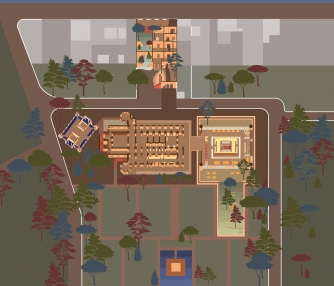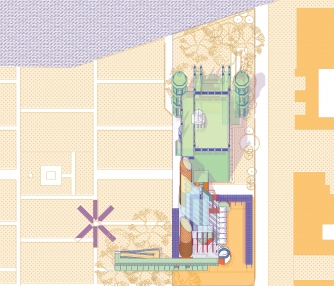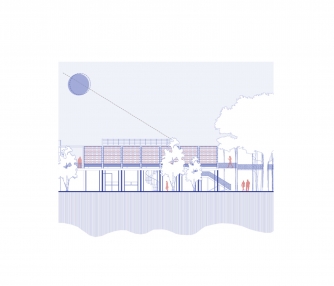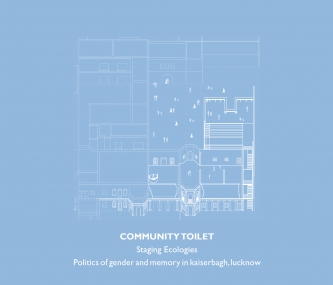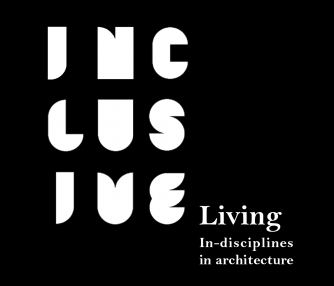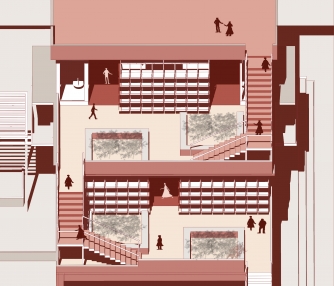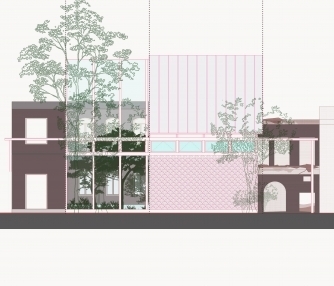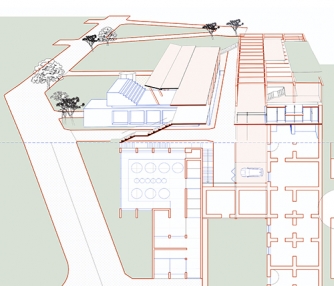- Tutor/s Sonal Mithal
- TA Gazal Nanwani
- Code AD4016
- Faculty Architecture
- Level L4 Studio Unit
The studio invited its participants to propose inclusive architectural acts that ensure food security in ongoing regimes of climate change. It offered an opportunity to reframe the scope of architecture and imagine inventive ways of addressing gender, memory, and ecology as central concerns for an inclusive sociallysustainable Indian city. The research-based studio aimed to offer its participants a rich spectrum of discursive tools that help them confront and disrupt the heteronormativity of architectural practice. A seminar-styled, tutor-led close reading of texts, supplemented by guest lectures, unpacked architectural concerns of gender, memory, and ecology supplemented by guest lectures. Through two short and one long exercise, participants designed inclusive public infrastructure projects promoting multispecies habitat and urban agriculture. Participants wrote manifestoes and design briefs articulating their version of inclusive architecture. Participants mapped contested and shared spaces to identify projects and locations for futuristic urban agricultural systems. Kaiserbagh, Lucknow—a historical site constructed in the 1840s to empower women, was a site of colonial oppression, and was designed with urban ecological parameters of the time. Post-1857, the British brutally destroyed Kaiserbagh due to which the memory of its gender-inclusive nature was lost. This makes Kaiserbagh an ideal condition to test the overlapping realms of gender, memory, and ecology
